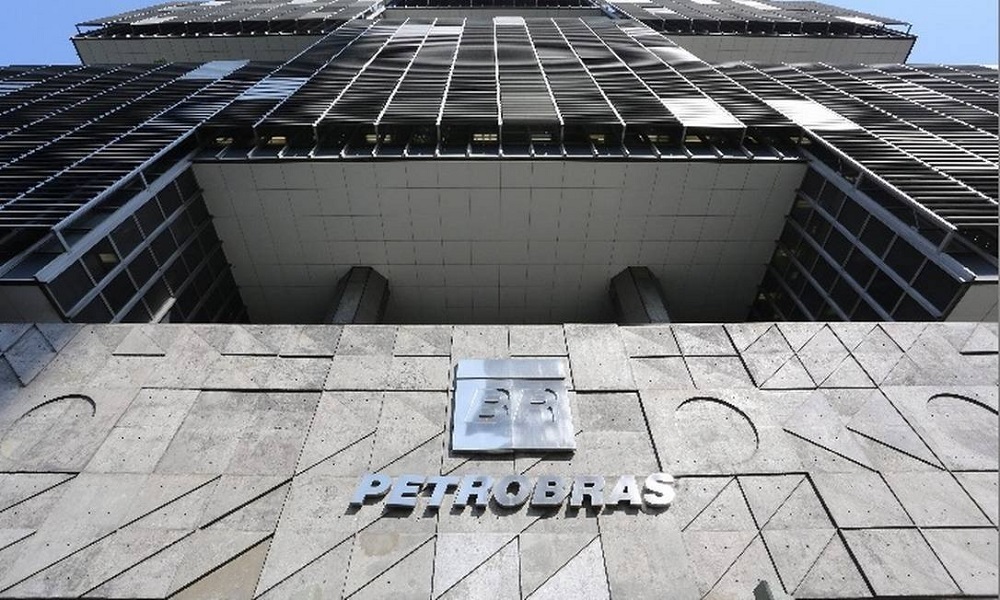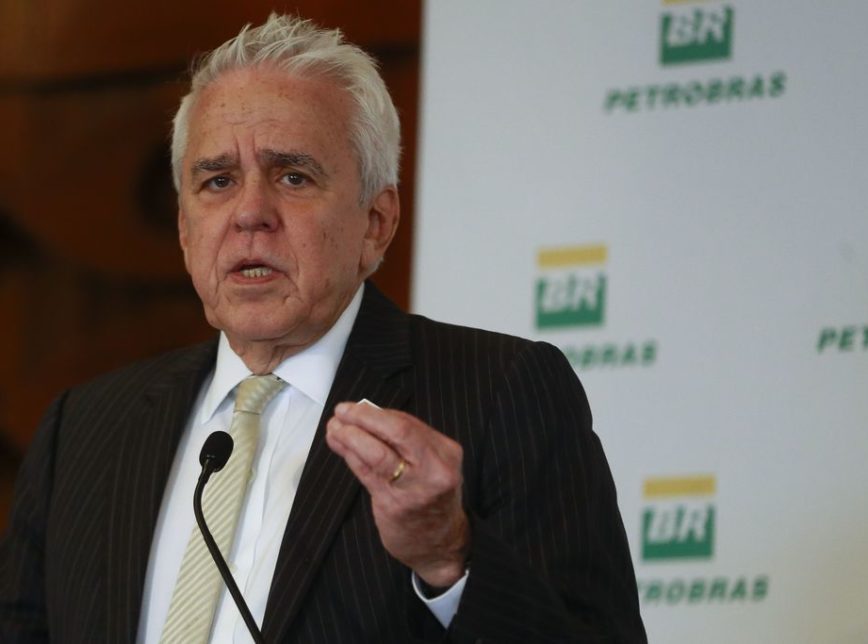RIO DE JANEIRO, BRAZIL – The announcement of production cuts, investments and deferral of dividends by Petrobras is just a reflection of what had already been happening in the oil and gas chain in recent weeks.

With the new coronavirus crisis, suppliers are virtually at a standstill and the greatest risk lies among the smaller-sized companies, which have neither the financial resources nor access to credit to overcome this turbulent period, with no date to end.
The president of Petrobras, Roberto Castello Branco, said on Thursday afternoon, March 26th, that this is the “worst crisis in the oil industry in 100 years”.
Although offshore production platforms (pre-salt and deepwater) continue to operate normally, the company announced a reduction of 100,000 barrels per day in the volumes produced in shallow water.
“We must be prepared for the worst-case scenario. It’s not just about the collapse in prices. Our market value has dropped sharply, demand in Brazil is declining and the United States could go into recession,” said Castello Branco.
The price war between Russians and Saudis, the world’s largest producers, also contributed to further deepen the global demand crisis. With the acceleration of production and exports in both countries, prices are in the region of US$25 (R$125).
As a result, Petrobras’ breakeven point is close to the limit. According to the state-owned company, in the pre-salt this figure is US$21 per barrel. But a good part of the production still has a higher cost.
To cope with this scenario, the oil company has also announced a reduction in planned investments for 2020, from US$12 to US$8.5 billion.
Faced with this scenario, the viability of new projects could be compromised. The measures announced yesterday are the unfolding of operations that are already stopped in the country.
According to Marco Gonçalves, strategic oil & gas accounts manager at Fluke do Brasil, a measurement instruments company, the sector came from a very positive first quarter, but with the coronavirus everything changed.

“The orders in the industry are not happening. In the coming months, the companies in the sector will have serious cash flow difficulties, but the situation will be even worse for the smaller ones”.
According to the executive, the business stoppage in the chain should bring short and medium term consequences. “Companies are not making decisions right now. New investments should be deferred by at least one year”, he adds.
Shutdown
The downturn of the supply chain should recede even further with Petrobras’ announcements on Thursday. “We projected that by 2021, oil production in the country would be at full steam. We were very confident for this year, but now everything has been stopped,” says Leonardo Dias Ferreira, a partner in the Bellavista industrial condominium, which only houses companies linked to the petroleum sector in Macaé, Rio de Janeiro.
The situation in the city, known as the “national oil capital,” has become even more critical after a municipal decree that promoted several restrictions on activities and circulation. “Since Macaé is a hub for the whole oil and gas chain, other cities will also be strongly affected by these restrictions, cities like Angra dos Reis, Campos de Goytacazes and the capital,” Ferreira adds.
The novel coronavirus crisis will not prevent production platforms arriving in Brazil (Rio de Janeiro) from being nationalized – or tropicalized- but new orders will certainly remain on hold.
With the shutdown of operations expected by Petrobras, other operators may take the same position. Thus, not only suppliers of oil-and-gas-related products and services will be affected.
Those affected by the crisis range from restaurants and hotels in producing cities to small-sized companies, such as those that transport employees and those that provide meals, since the operators’ administrative staff are working from home office.
The outlook is not positive for the short term. “We are living in a time of great uncertainty. We can see almost nothing. We are studying a complete review of our planning, including projects,” says Castello Branco.
Source: Exame

